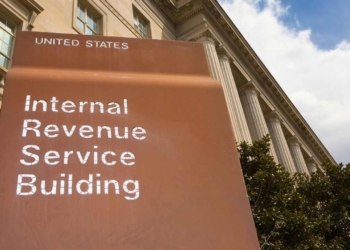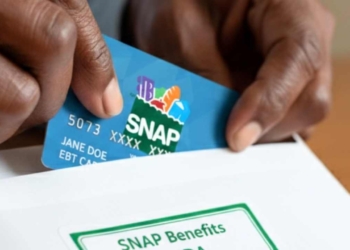USDA announced that on December 23, there will be SNAP payments in the states of Alabama, Delaware, Georgia, Indiana, Louisiana, and Maryland. Florida and Texas will also issue Food Stamps on December 23, but this will not be their last payday in 2024. As a matter of fact, they will continue through December 28, 2024.
To get SNAP money on December 23 in Alabama, your case number must end in 99. Delaware will send Food Stamps to those beneficiaries whose first letter of their last name is X, Y, and Z. If you live in Georgia, your ID number must end in 90-99 to get it on the 23rd. Indiana also uses the first letter of your last name (W, X, Y, or Z). Recipients living in Louisiana must have an SSN ending in 9. To get These checks in Maryland, the first three letters of your name must be between: WET and ZZZ.
SNAP payments in January 2025
Here is the full and updated list for SNAP benefit payments next year:
Alabama: January 4-23
Alaska: January 1
Arizona: January 1-13
Arkansas: January 4-13
California: January 1-10
Colorado: January 1-10
Connecticut: January 1-3
Delaware: January 2-23
Florida: January 1-28
Georgia: January 5-23
Hawaii: January 3-5
Idaho: January 1-10
Illinois: January 1-10
Indiana: January 5-23
Iowa: January 1-10
Kansas: January 1-10
Kentucky: January 1-19
Louisiana: January 1-23
Maine: January 10-14
Maryland: January 4-23
Massachusetts: January 1-14
Michigan: January 3-21
Minnesota: January 4-13
Mississippi: January 4-21
Missouri: January 1-22
Montana: January 2-6
Nebraska: January 1-5
Nevada: January 1-10
New Hampshire: January 5
New Jersey: January 1-5
New Mexico: January 1-20
New York: January 1-9
North Carolina: January 3-21
North Dakota: January 1
Ohio: January 2-20
Oklahoma: January 1-10
Oregon: January 1-9
Pennsylvania: During the first 10 business days
Rhode Island: January 1
South Carolina: January 1-10
South Dakota: January 10
Tennessee: January 1-20
Texas: January 1-28
Utah: January 5, 11 and 15
Vermont: January 1
Virginia: January 1-7
Washington: January 1-20
West Virginia: January 1-9
Wisconsin: January 1-15
Wyoming: January 1-4
Guam: January 1-10
Puerto Rico: January 4 – 22
District of Columbia: January 1-10
U.S. Virgin Islands: January 1
What are the eligibility requirements for receiving SNAP benefits
The Supplemental Nutrition Assistance Program (SNAP) is a federal program in the United States that provides nutrition assistance to low-income individuals and families. SNAP eligibility can vary slightly by state because some states have additional rules or waivers. However, the core requirements are set by federal guidelines.
Income Limits
- Gross Income: Most households must have gross monthly income at or below 130% of the federal poverty level (FPL).
- Net Income: After certain allowed deductions (e.g., housing, childcare, and medical expenses for elderly or disabled members), most households must have net income at or below 100% of the FPL.
- Some households (like those with elderly or disabled members) have different limits or may be exempt from the gross income test.
Resource/Asset Limits
- Most households must meet certain asset limits. Generally:
- $2,750 in countable resources (e.g., cash or money in a bank account).
- $4,250 if at least one person in the household is 60 or older, or is disabled.
- Not all resources are counted (for example, a primary home or certain retirement accounts may be excluded, depending on the state).
Residency
- You must be a U.S. citizen or meet certain non-citizen criteria (such as qualified alien status).
- You must be living in the state where you apply for SNAP.
Work Requirements
- General Work Requirement: Non-disabled adults (16–59 years old) typically have to register for work, accept suitable employment if offered, and cannot quit a job voluntarily.
- Able-Bodied Adults Without Dependents (ABAWDs): Adults 18–49 without dependents must meet additional work requirements (working or participating in a work program at least 80 hours per month) to receive benefits for more than three months within a 36-month period.
- Certain groups are exempt, such as full-time students, parents of young children, and those medically certified as unable to work.
Special Rules for Elderly and Disabled Persons
- Households with members who are elderly (60 or older) or who have disabilities are often allowed higher deductions and do not always have to meet the gross income test (only the net income test).
- Medical expenses over a certain threshold may be deducted if they exceed a specified minimum.







